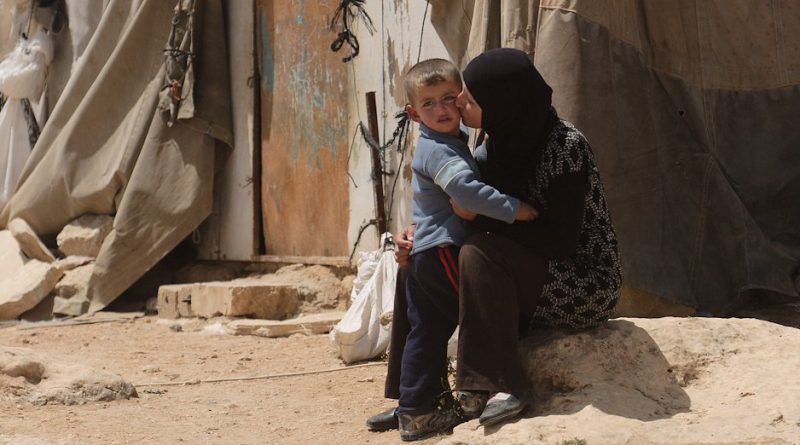Now Reading: Supreme Court allows audio, video recording of court proceedings
-
01
Supreme Court allows audio, video recording of court proceedings
Supreme Court allows audio, video recording of court proceedings
Judges have no need for privacy inside the courtrooms they preside, Supreme Court judge Justice A.K. Goel said while giving the thumbs up to audio and video recording of court proceedings.
Unlike the legislature, proceedings inside courtrooms have been a zealously guarded affair. The to and fro between lawyers and judges, submissions made by the advocates and questions asked from the Bench have been beyond the eye of the camera or the ear of a recorder.
Signalling a paradigm shift, the Supreme Court Bench of Justices Goel and U.U. Lalit had, in August, mooted the possibilities of having audio and video recordings of proceedings in the constitutional courts — the Supreme Court and the high courts.
This was a follow-up of their March order to have CCTVs installed inside courtrooms and at vantage points within court complexes in atleast two districts across States and Union Territories.
Dismissing apprehensions raised that such recordings would intrude into the privacy of judicial minds in action, Justice Goel responded, “there is no privacy in a court. We are sitting here for all.”
Appearing for the government, Additional Solicitor General Pinky Anand submitted that the government has “already taken steps” and the financial outlay of the project is under preparation.
Justice Goel said the government should “not prolong matters.” The court sought a report from Ms. Anand in two days time on the progress so far made.
The Bench had asked why the judiciary in India should be considered any different from the judges of other countries who do not consider recording of proceedings as a violation of privacy of court proceedings. The Bench has even mulled the possibility of recording tribunal proceedings.
The court has expanded the scope of a petition filed by Pradyuman Bisht for installing CCTV cameras in criminal courts as a measure to ensure fair trial.
On March 28, the Supreme Court had directed that at least “two districts in every State/Union Territory (with the exception of small States/Union Territories where it may be considered to be difficult to do so by the concerned High Courts) CCTV cameras (without audio recording) may be installed inside the courts and at such important locations of the court complexes as may be considered appropriate.”
“Monitor thereof may be in the chamber of the District and Session Judge concerned. Location of the district courts and any other issues concerning the subject may be decided by the respective High Courts. We make it clear that the footage of the CCTV camera will not be available under the R.T.I. and will not be supplied to anyone without permission of the High Court concerned,” the Supreme Court had ordered.
The court had ordered that the installation of such cameras should be completed within three months. The court said the Registrar Generals of the respective High Courts should hand over a status report to the Secretary General of the apex court a month after the installations are completed.
Source: The Hindu








